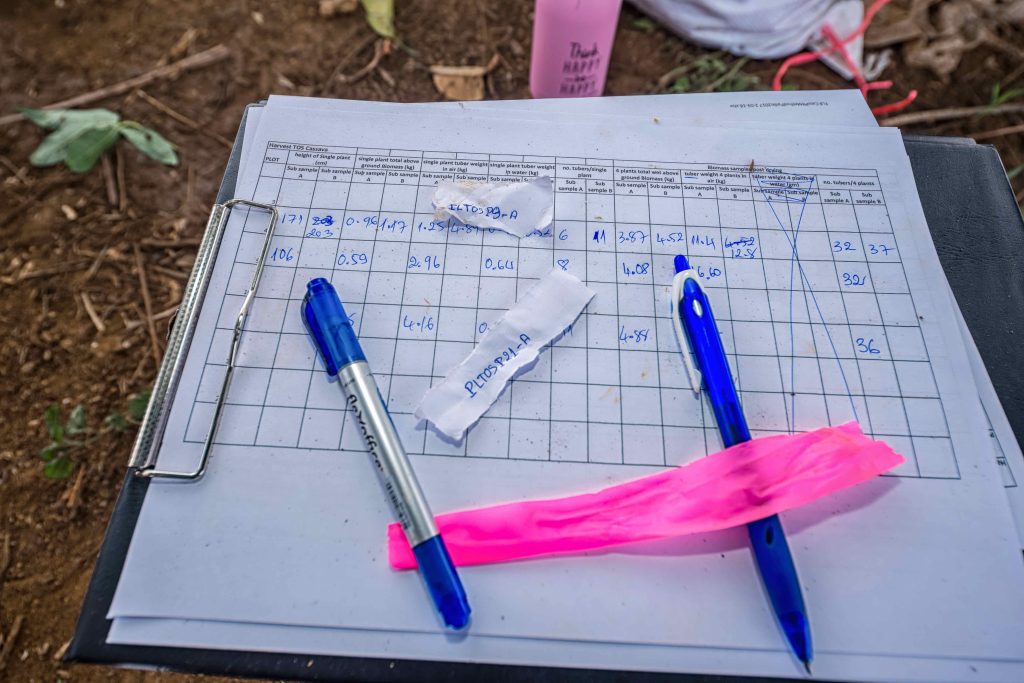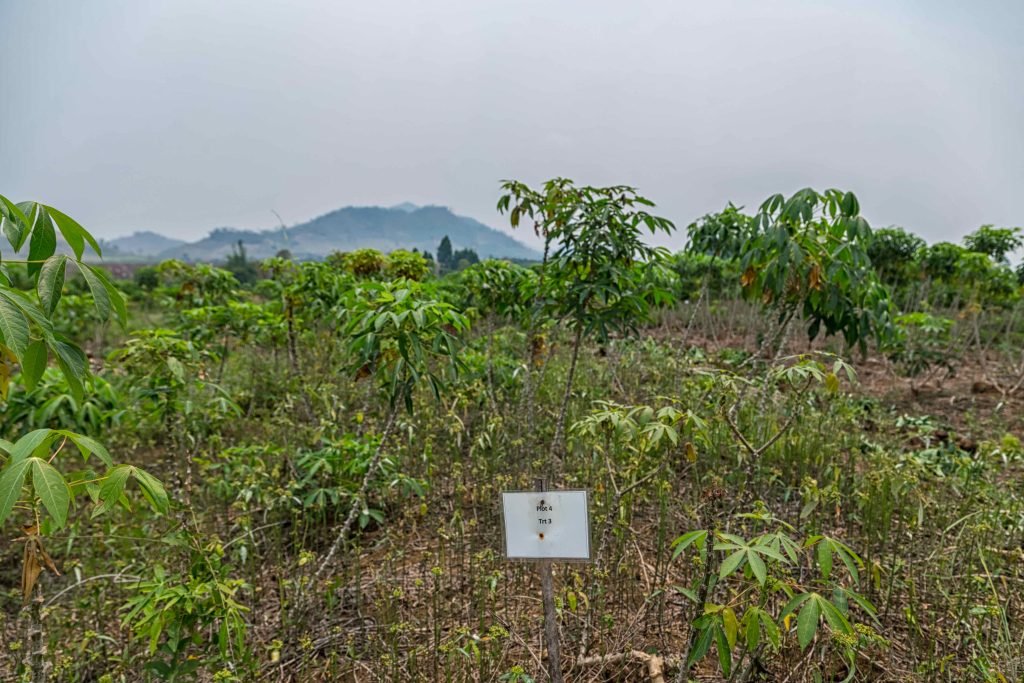This project has four objectives that are achieved through a combination of four methods (activities) to answer the research questions.


Objectives
Objective 1: Identify which factors shape the decision to adopt agricultural technologies amongst farmers in Battambang and Pailin Provinces in the context of a rapid transition from maize/soybeans to cassava.
Methods
Quantitative Survey in all 13 villages, followed by home visits with farmers in each village, will establish the web of relations and processes, meanings, and representations that comprise the social worlds of farmers within the villages (~n=400 farmers). Home visits will help to expose the relationships that explain how knowledge of technologies circulates, the individuals who propose or advance technologies, and the peer pressures that contribute to decision making.
Participant observation in each of the 13 villages will enable ‘learning with’ as opposed to the ‘studying of’ others. In order to understand place and its role in shaping the decision to adopt technology, the research must understand the day-to-day experiences of farmers. Experiences are often ‘felt’ rather than ‘considered’, and so there is need for a method that follows farmers, experiencing their lives, concerns, and stresses in order to situate the decision to adopt technologies. Furthermore, there are aspects of life that cannot necessarily be explained – or captured by quantitative data – which are essential for understanding decision making; feelings of risk, of bias, of marginalisation, of exploitation, of hope, and of optimism cannot easily be put into words.
Semi-structured interviews as part of home visits will help the research team to focus on particular themes (from the literature, from experts, or from previous interviews) without constraining the range of possible answers. It is vital that this method be used because it opens the range of possible answers from farmers and those working on technologies in Cambodia.
Objective 2: Determine farmer-preferred PSPs and the role of agricultural technologies.
Methods
Same as for objective 1
Livelihood analysis aims to better account for the intangible skills, networks, and entitlements that individuals draw upon as part of their socio-economic activities.
Objective 3: Determine the feasibility of farmer-preferred PSPs, and identify the technologies that match those PSPs.
Methods
Delphi panel surveys are “a method for structuring a group communication process so that the process is effective in allowing a group of individuals, as a whole, to deal with a complex problem”. It is used in cases where experts must negotiate and discuss competing interpretations of an issue or proposals. It is designed to enable discussion, critique, and, sometimes, consensus to form around a question or issue. It involves enrolling experts, conducting surveys, circulating individual and group views, and re-interrogating group opinion in order to ensure that the experts have considered a wide range of interpretations and considered a diverse range of alternatives. Broadly, the Delphi is about eliciting and deepening expert opinion in the service of analysing contentious issues that require mediation or debate.
Objective 4: Test whether an approach that uses farmer-preferred PSPs as its starting point results in increased and/or accelerated adoption of agricultural technologies.
Methods
Trial adoption program in 6 of the 13 villages based on the problems and factors identified, and the technologies suggested by experts as most feasible and potentially beneficial.
Synthesis of results for policy makers and international audiences.